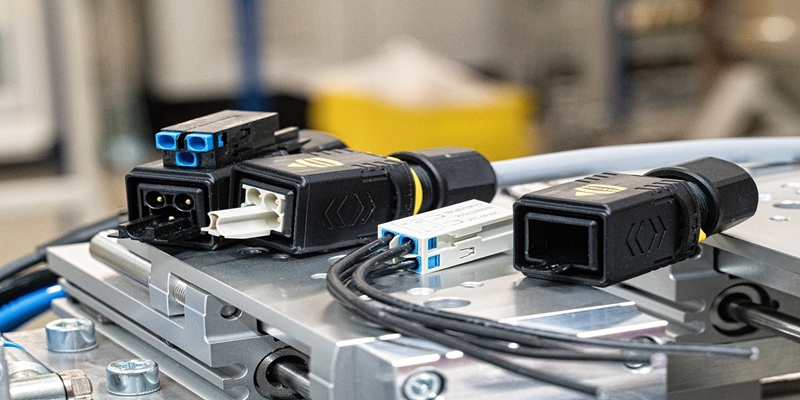Schedule a Call Back
Will the US tariff war add to MSMEs’ funding woes?
 Articles
Articles- Apr 30,25

Table 1: MSMEs exploring global market
Year | Number of MSME exporters |
2020-21 | 52849 |
2024-25 | 1,73,350 |
Related Stories

US Tariff Cut Lifts Apparel Outlook; Diamonds Stay Negative: ICRA
ICRA says US tariff cuts to 18 per cent offer relief to exporters, restores Stable outlook on apparel, but retains Negative outlook on cut and polished diamonds.
Read more
India must focus on R&D alongside electronics manufacturing: Sanjay Huprikar
In this interview with Rakesh Rao, Sanjay Huprikar, Chief Global Officer of the Global Electronics Association, explores trends in global electronics industry, India’s manufacturing ambitions, and..
Read more
Tech-Enabled Intra-City Logistics Boost MSME Efficiency
A C-DEP–IIT Delhi study shows how technology-enabled intra-city logistics is cutting costs, improving delivery reliability and expanding market reach for MSMEs, while flagging key GST and policy r..
Read more













